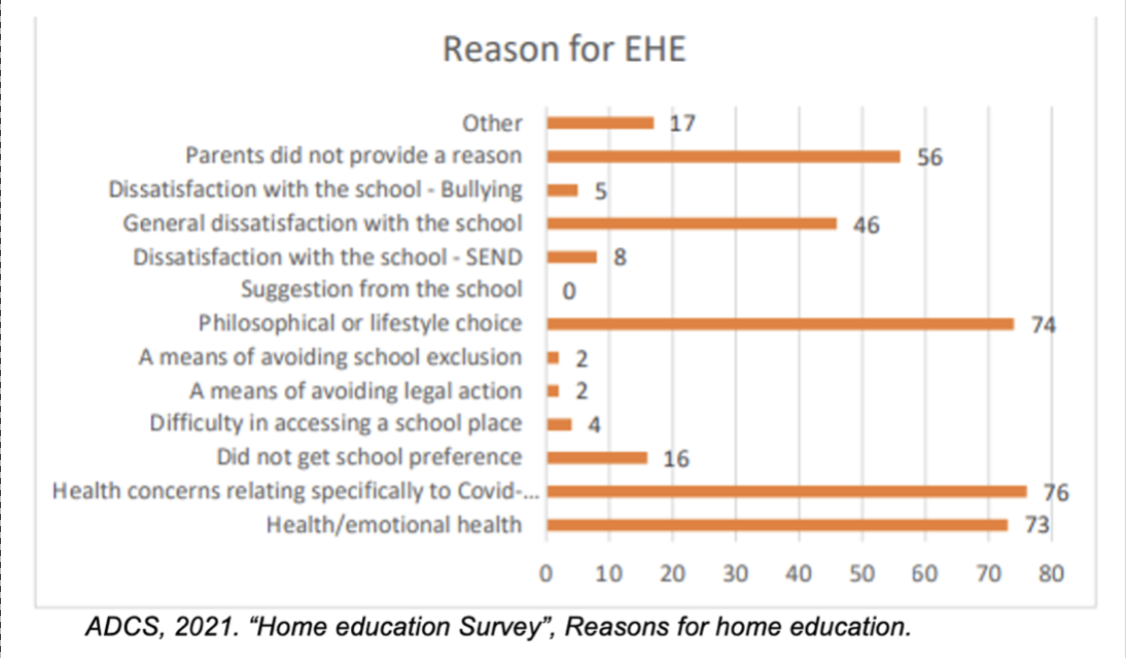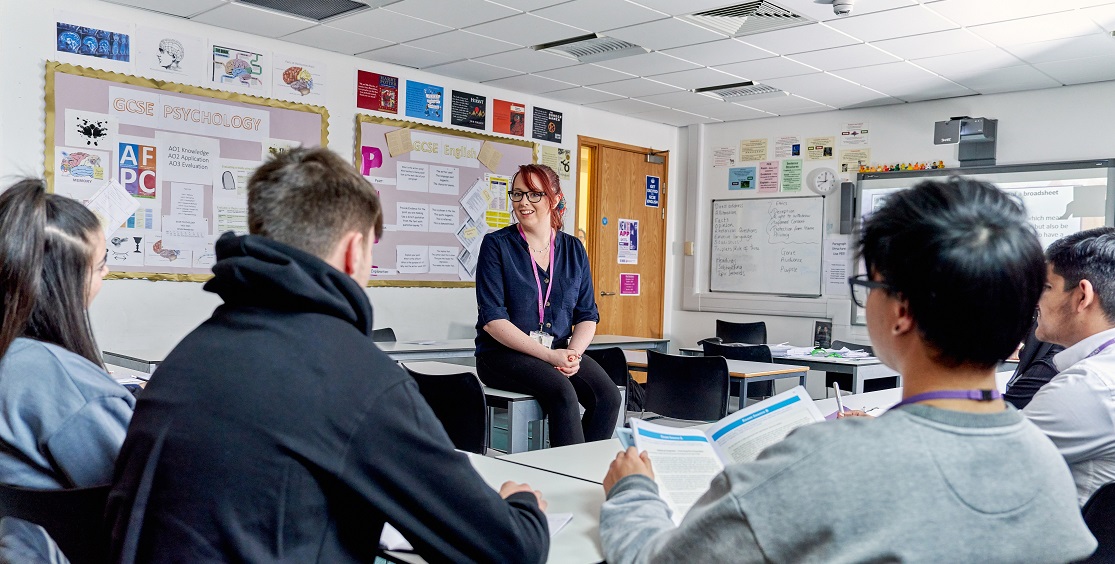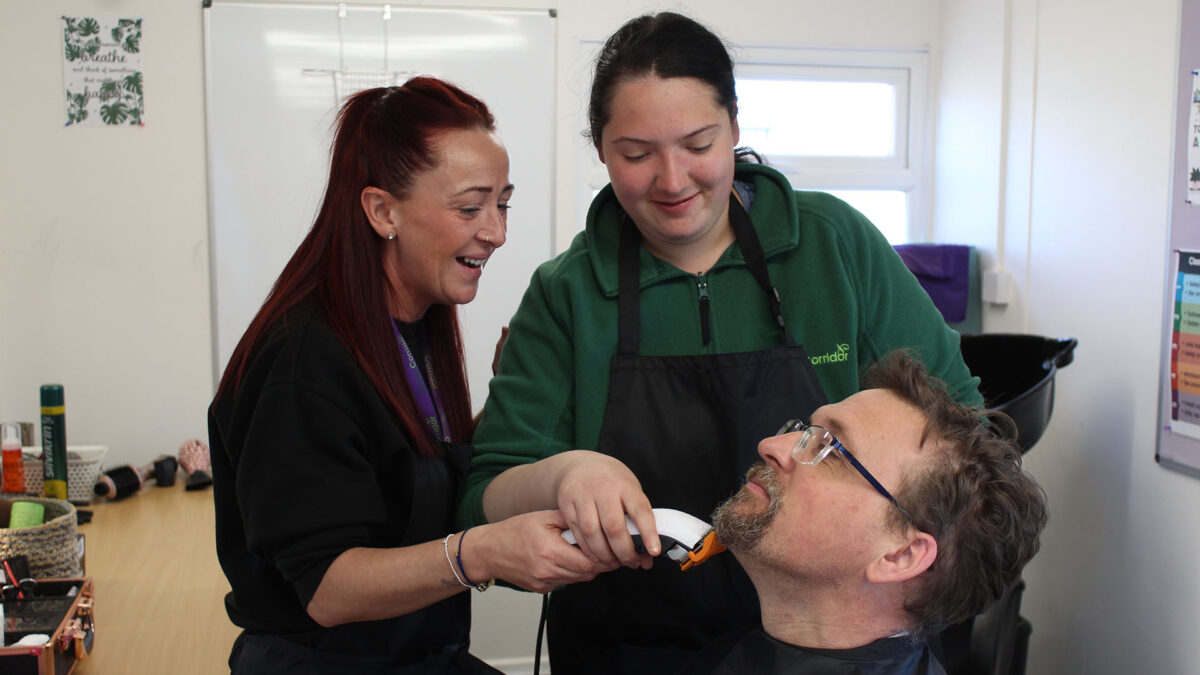Nearly 2 million children missing school regularly after post-Covid surge in home education, report finds

Nearly two million children in England are missing from school, according to a new study from a leading think-tank warning that classroom attendance has reached a ‘crisis point’.
The latest surge in absences has been driven by a flood of parents citing Covid concerns to withdraw their children from formal education after the widespread shutdowns during the pandemic.
Analysing the data across a range of local authorities in England, the Centre for Social Justice (CSJ) estimates as of October 2021 a record high of least 81,000 children were being home educated – the equivalent to the population of 80 average-sized secondary schools.
The total number of children who were home educated over the course of the academic year 2020/21 last year was over 115,000. This is an alarming 34 per cent higher than before the pandemic. At present, half of all children taught at home were found to have begun their retreat from the classroom during lockdowns.
These children are in addition to the 1.7 million children identified as persistently absent from school by the Children’s Commissioner, which include 100,000 severely absent or ‘ghost’ children first revealed by the CSJ.
While thousands of parents make the choice to home educate for reasons in the best interests of their family, the CSJ report Out of Sight and Out of Mind exposes the growing number of children who have been forced out of school and off-rolled into home education.
Having talked to parents and local authorities, the CSJ identified difficulties with accessing special educational needs or disability provision, a lack of support for mental health and serious incidences of bullying as other key causes behind the rise in parents opting for home education.
Alice Wilcock, the CSJ Head of Education, said:
“We are seeing a crisis in school attendance, with nearly 2 million children missing from school. While some may be receiving a good education at home, neither the Government or local authorities have much idea of who these are or what is happening to them. Indeed, there is evidence to suggest that some are being deliberately off-rolled by schools to fend for themselves.”
One local authority spoken to by the CSJ recorded between 800 and 900 home-educated pupils pre-pandemic, and now records between 1,300 and 1,400, while another relayed how its numbers had close to trebled.
Yet even so the CSJ warns this figure is likely to be an underestimate, with England having no official register of children not in school. In its report, the CSJ finds that 9 in 10 local authorities admit to not being able to identify every child in home education within their boundary.
With no official register or quality assurance tests for home-educated children, the CSJ warns that there are ‘serious question marks’ about the quality of education received. Its report highlights the Education Department’s admission in 2019 that ‘there is considerable evidence that many of these [home-educated] children are not receiving a suitable education’.
The report goes on to say:
“the current minimal benchmarks set for home educated children would under no circumstances be tolerated by government in any other part of the education system. It is unthinkable that a school could get anywhere near the point of no educational delivery at all without prior intervention.”
The CSJ also warns that the rise in home education could pose safeguarding risks. In 2020, The Child Safeguarding Practice Review Panel uncovered 15 incidents of harm involving children reported to be in home education. These cases included severe harm such as serious neglect, emotional abuse and intra-familial abuse. In three of the cases, the children had died. The Panel concluded that these children were often invisible; they were not in school and did not receive home visits.
The CSJ highlight that England stands out as an international outlier with both the highest proportion of pupils in home education and the lowest amount of regulation in Europe – with 0.8 per cent of pupils in home education compared to France, the next highest, on 0.5 per cent.
The report finds that children who are off roll by the end of Year 11 are statistically far more likely to be disadvantaged, and to have previously been excluded from school or disengaged entirely from mainstream education.
It calls for a major package of reform to ensure home education is safe and effective, including:
- For the Government to push ahead with legislating for a Children Not in School register.
- A national six week ‘right to return’, where an off-rolled child can return to the same school within this period.
- Each home educated child having to complete a light-touch assessment in English and Maths to check they are working at the level of their peers
- All local authority staff involved in home education to be trained to spot any signs of safeguarding risks.
- The Government to introduce an Education Dividend and funding for English and Maths GCSEs to ensure all children have access to a high quality education.
Dame Rachel de Souza, the Children’s Commissioner, said:
“Getting children back into school and attending consistently has been an absolute priority for me – that’s why I have done unique research into this area. I truly believe that school is the best place for children, not just in educational terms, but in terms of wellbeing and safeguarding too.
“I welcome today’s report by the Centre for Social Justice (CSJ), which underlines the importance of doing everything we can to ensure every single child – particularly those who are already vulnerable – are safe, receiving a decent education and looking forward with hope to their future.
“Those that choose to exercise their right within the law to home educate are indeed entitled to do that, however, I do think that it is important to know who they are and where they are to make sure that children are accounted for and have support if it is needed. It should also not be the case that an already vulnerable child is not educated at school.
“Attendance is everyone’s business, meaning that all those involved in a child’s life is equally responsible for ensuring that they are in school, every day, ready to learn. This means schools, LAs, social care, NHS workers and community partners all have a responsibility to see that all children receive wrap around support to ensure they are attending school regularly.”
The estimate of the number in children in home education uses the Association of Directors of Children’s Services (ADCS) 2021 ‘Home Education Survey’.












Responses